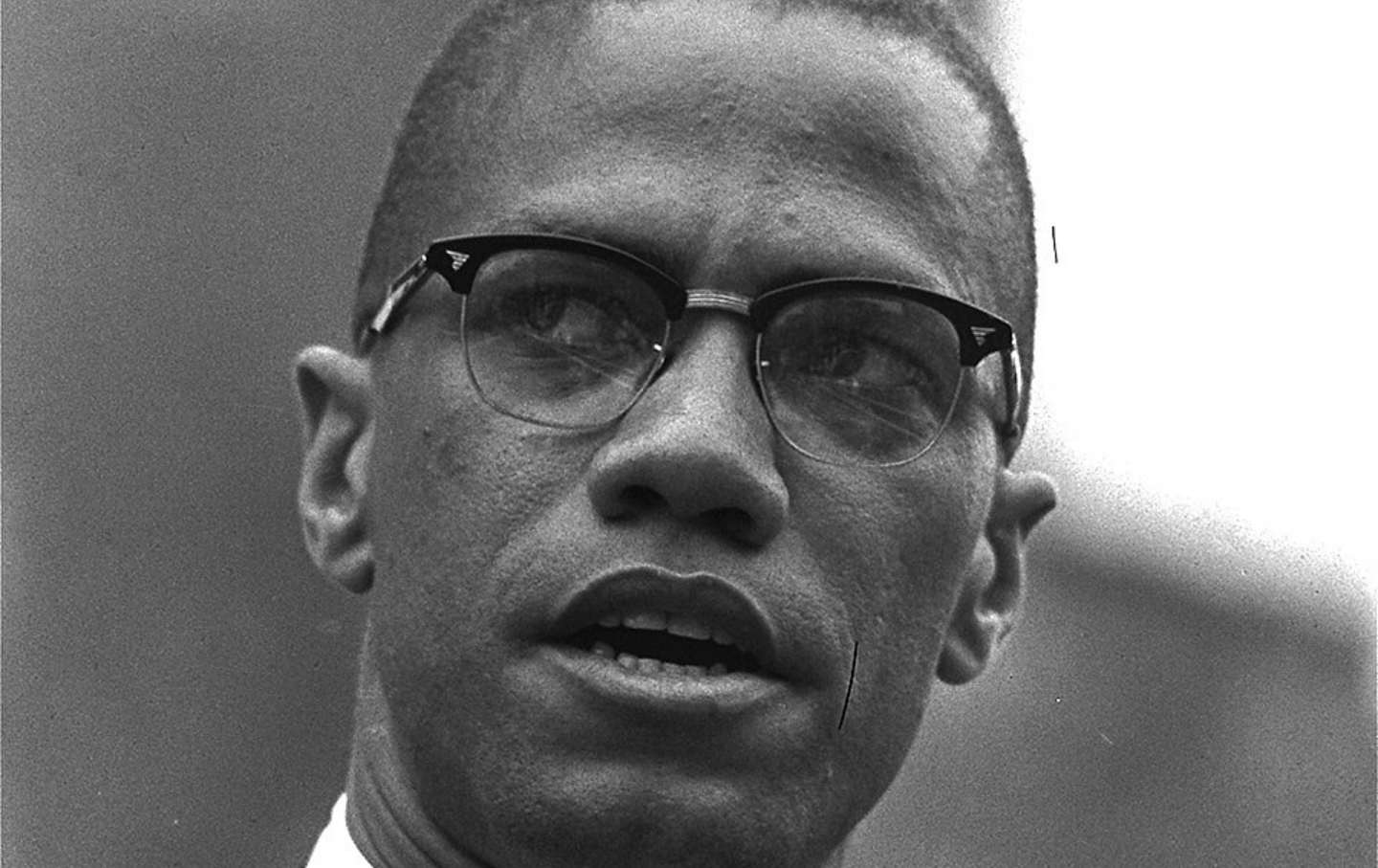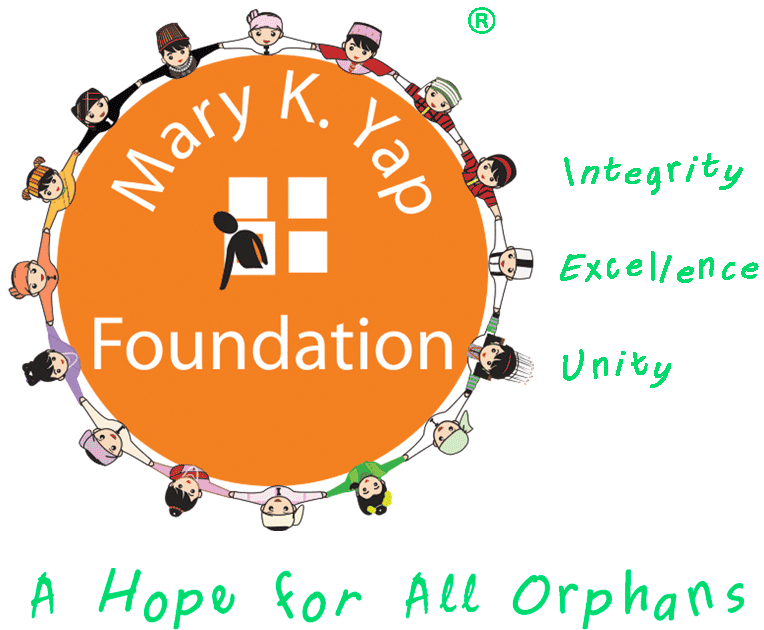
From Orphan to a Civil Leader
World Orphans Day: A Tribute to Malcolm X As we commemorate World Orphans Day, the Mary K. Yap Foundation is honored to pay tribute to
Making a Difference ●Building Dreams ● Creating Impact ● Saving Lives
No products in the cart.



World Orphans Day: A Tribute to Malcolm X As we commemorate World Orphans Day, the Mary K. Yap Foundation is honored to pay tribute to
